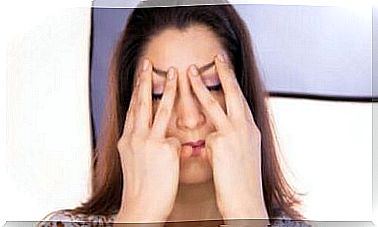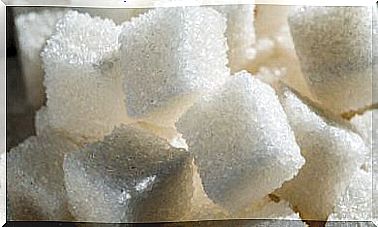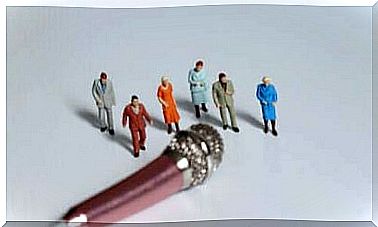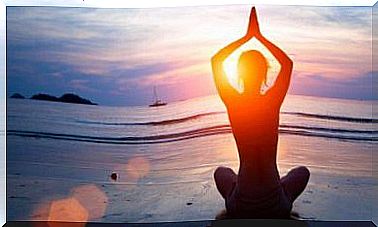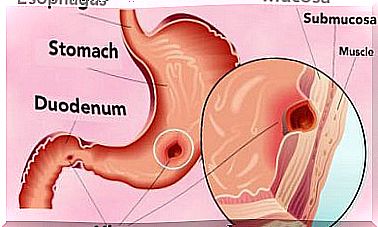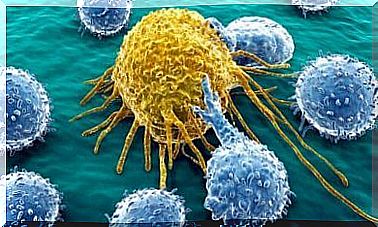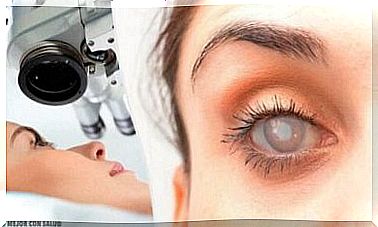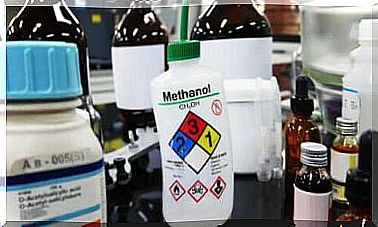How Do I Know If I Have Gallstones?
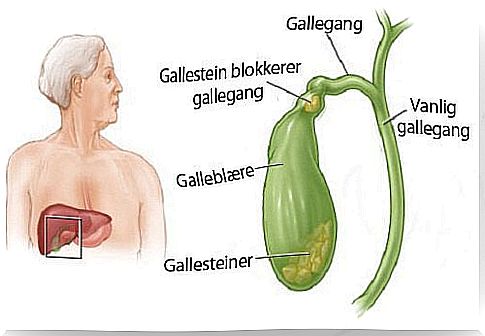
Gallstones often come with no symptoms at all, and we go on with our lives without realizing that something is wrong. Lack of nutrients can be the cause of this problem, so learn how to know if you have gallstones and avoid it occurring in the first place.
Symptoms of gallstones
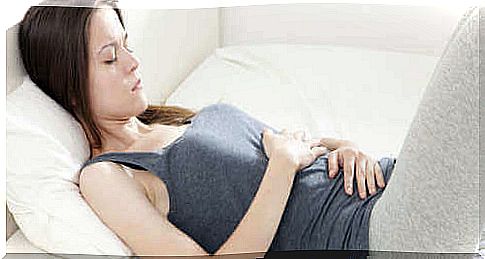
Have you ever asked yourself what gallstones are? They are hard, small crystals that block your gallbladder from performing its most basic functions. They occur in our body due to infections, small problems with the ability of the gallbladder to drain, or due to high cholesterol or poor eating habits.
Many people end up having surgery to remove these stones, and since this problem is relatively common, we should try to prevent it. This is why we are going to show you some symptoms of gallstones, although we must mention that doctors say that 40% of all cases occur completely without symptoms. But if you are one of the 60% who get symptoms, it is good that you know what they are in advance.
1. Pain
The pain suddenly appears and lasts only a few seconds. It occurs in the upper right part of the abdomen or between the shoulder blades. These are the first symptoms and signs that the stones are moving and starting to block the bile ducts.
2. Flatulence
Do not worry. It is perfectly normal to have a bloated stomach without it having anything to do with gallstones. However, if you are struggling with a bloated stomach, you should consider the following questions: Do you experience this every day? Does it happen right after you eat? The best thing you can do is write down your symptoms. If you feel bloated all the time and experience several of the symptoms explained in this article, then you should consider whether you have gallstones.
3. Digestive problems
When someone struggles with gallstones, they also tend to struggle with digestion and may experience gas, a lot of belching, stomach cramps, constipation, nausea after a meal and, above all, a low tolerance for foods high in fat. This is very common if you have gallstones.
4. Physical symptoms
These symptoms do not occur in all patients, but if they do, then you should pay close attention: Your skin may become a little yellower, and you may also see that the white part of your eye turns yellow.
5. Changes in stool and urine
You must remember that the gallbladder is responsible for processing fat and assisting with digestion. If you have problems with your gallbladder, and you have stones that block, for example, this will affect your entire digestive system. It is quite common for those who have this problem to experience that the stool becomes a little whiter and jelly-like. Your urine may be slightly darker than normal.
Tips to protect your gallbladder
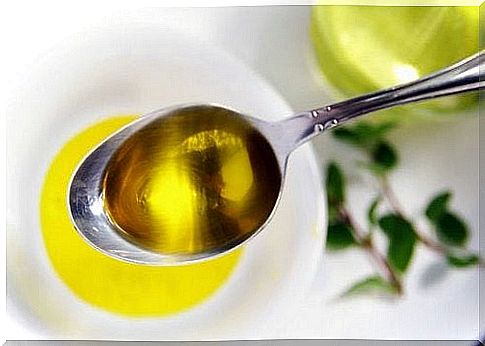
If you already have gallstones, you will not get rid of them by changing your eating habits to a healthy diet. You should always let your doctor decide if you need surgery to get rid of the stones. However, if you are not suffering from any symptoms yet, you should try to prevent this by following a few simple tips. They work for approx. 60% of all cases.
- Just before going to bed, and when you wake up in the morning you can take 1 tablespoon of olive oil and three drops of lemon juice. This cure is great for protecting and cleansing your gallbladder.
- Natural beetroot and apple juice. This super healthy juice is great to drink for dinner. You should use a green apple and a medium beetroot, cut them into small pieces and put them in the blender with a cup of water. Drink this juice three times a week and it is guaranteed to help your gallbladder.
- Brewer’s yeast: You can include brewer’s yeast in your juice or smoothie, for example. It has many benefits since it is a good source of inositol, which is perfect for protecting your gallbladder and liver.
If you notice symptoms, be sure to book an appointment with your doctor. They will be able to take some tests and determine if you have gallstones or not.
